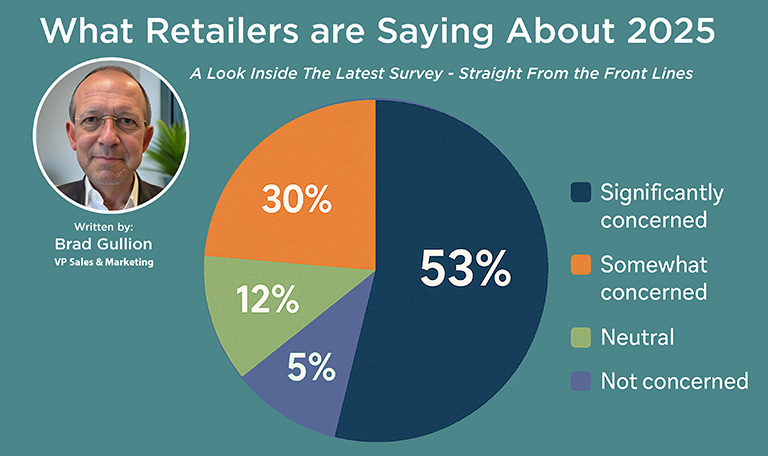April 6, 2020
Coronavirus Aid, Relief, and Economic Security Act (CARES Act) provides $2 trillion in funding and is comprised of three separate packages approved by Congress and signed by President Trump. Combined, they offer a variety of assistance to small businesses that were designed to distribute capital quickly and broadly.

What is the CARES Act?
The Coronavirus Aid, Relief, and Economic Security Act (CARES Act) is the government’s financial assistance bill passed to aid American small businesses during this time of uncertainty and stress due to COVID-19 and the “shelter in place” mandates across the nation.
Here’s the 5 areas the CARES Act can positively impact your small business:
- Paycheck Protection Program (PPL)
- The Paycheck Protection Program is one of the largest sections of the CARES Act. It’s the most important provision in the new stimulus bill for most small businesses. This new program sets aside $350 billion in government-backed loans, and it is modeled after the existing SBA 7(a) loan program many businesses already know. Read the full coverage of the federal government’s coronavirus stimulus package.
- Changes to the SBA’s Economic Injury Disaster Loans (EIDLs)
- Another important aspect of the CARES Act for small businesses is that it expands eligibility for the SBA’s Economic Injury Disaster Loans (EIDLs). In early March, the SBA’s disaster loan program was extended to all small businesses affected by COVID-19. The CARES Act opens the program up further, making it easier to apply. For everything you need to know about applying for a small business loan, see the U.S. Chamber’s Small Business Loan Guide.
- Businesses eligible for EIDL and a Paycheck Protection Program loan
- It is possible for small businesses to get both an EIDL and a Paycheck Protection Program loan so long as they don’t pay for the same expenses. However, be sure to check with your financial advisor or lender before taking both types of loans if you are not sure of the specifics.
- Business tax changes
- The CARES Act makes select changes to taxes and tax policies in order to ease the burden on businesses impacted by COVID-19. Many of the changes will apply to small businesses all over the country, so it is vital to discuss with a tax professional which can apply to your company.
- Changes to Family Medical Leave Act (FMLA) leave from the Families First Coronavirus Response Act (FFCRA)
- The CARES Act changes the paid family and medical leave (FMLA) under the Families First Coronavirus Response Act (FFCRA) to $200 per day and $10,000 total per employee. The paid sick leave drops to $200 per day and $2000 total for sick leave taken by an employee in order to care for a family member in quarantine or care for a child whose school has closed. Workers that were laid off after March 1, 2020, but then rehired, are eligible for paid FMLA leave provisions described in the FFCRA immediately instead of needing to be an employee for 30 days. Businesses can keep money that they would have deposited for payroll taxes in anticipation of refunds from the Treasury Department for paid sick leave and paid FMLA leave outlined by the FFCRA, including amounts that would have been refunded later.
The aid program is pending guidance from the Small Business Administration (SBA) or your Local US Chamber of Commerce. This information is being provided as a helpful resource. We strongly encourage you to seek personalized advice from qualified professionals to ensure the best possible business outcome.




